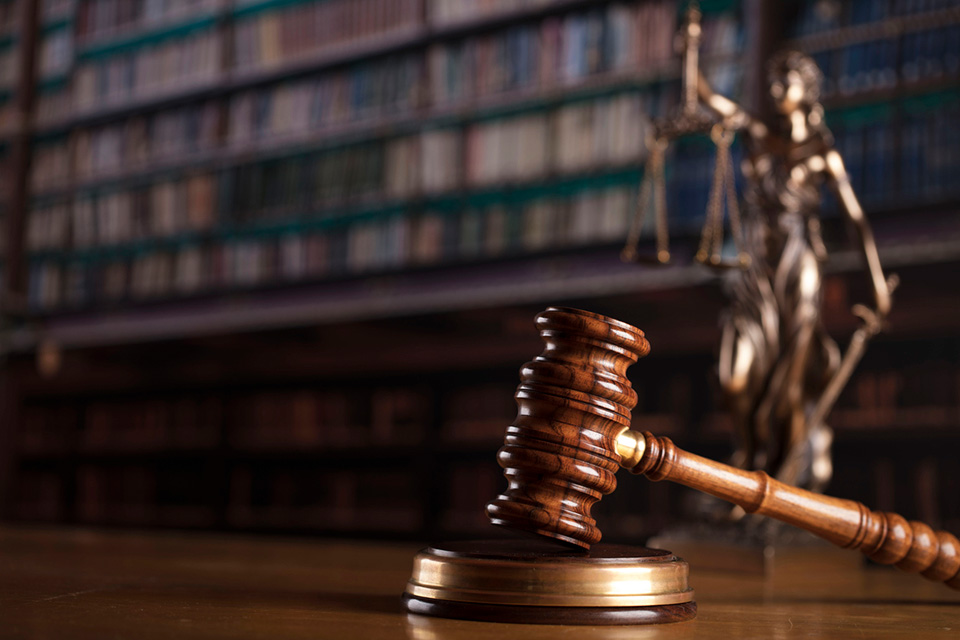Insurance Coverage and Bad Faith
Environmental Liability of Parent Corporations
In Trinity Industries v. Greenlease Holding Co., No. 08-1498, 2014 U.S. Dist. LEXIS 61223 (W.D. Pa. May 2, 2014), the U.S. District Court for the Western District of Pennsylvania held that parent corporation Ampco Pittsburgh Corporation (“Ampco”) could not be held directly or derivatively liable for environmental contamination claims that allegedly stemmed from its subsidiary’s activities.
In December 1986, Greenlease Holding Co. (“Greenlease”), a subsidiary of Ampco, sold their North Plant to Trinity Industries (“Trinity”), which operated a railcar manufacturing business at the property for the following fourteen years. In April 2006, the Pennsylvania Department of Environmental Protection (“PADEP”) filed a criminal complaint against Trinity alleging illegal hazardous waste management and disposal at the North Plant. Trinity entered into a Consent Order and Agreement with PADEP to remediate the property and then filed a complaint against Greenlease alleging that its parent corporation, Ampco, was liable for some of the past contamination at the North Plant because it was an “operator,” as defined by CERCLA, at the property and because it was derivatively liable for Greenlease’s actions at the property. 42 U.S.C. 9607(a)(4)(B).
When deciding whether Ampco was directly liable for contamination as an “operator” of the North Plant, the court used guidance from the Supreme Court’s Bestfoods decision. United States v. Bestfoods, 524 U.S. 51 (1998). In Bestfoods, the Supreme Court noted that to decide whether a parent operated its subsidiary’s activities, courts should determine whether the parent company engaged in the usual monitoring and oversight of the subsidiary or whether the parent company had control over the activities of the subsidiary. Here, the court decided that because all engineering and technical staff who ran the operations at the North Plant were employed by Greenlease and Ampco merely provided shared legal and accounting services to Greenlease, Ampco could not be considered an operator at the North Plant and could not be found directly liable for contamination at the property.
Trinity also argued that Ampco was derivatively liable for contamination at the North Plant because it was the parent company of Greenlease. Trinity argued that it should be entitled to “pierce the corporate veil” under the alter ego theory of corporate liability. Trinity argued that Greenlease was undercapitalized, which showed Ampco’s control over Greenlease. The court disagreed and noted that the facts presented showed that Greenlease was adequately capitalized considering that Ampco was initially unaware of Greenlease’s environmental liabilities. Trinity then argued that Greenlease’s board of directors and officers shared directors and officers with Ampco, which demonstrated Ampco’s control over Greenlease. The court disagreed and noted that the existence of dual officers was not sufficient and that Trinity failed to prove that the shared officers acted solely for the benefit of Ampco, and not in the best interests of Greenlease. Finally, Trinity argued that the assets of both corporations were commingled and that Ampco provided legal and accounting services to Greenlease, which showed Ampco’s control over Greenlease. However, the court found that these issues were part of normal parent-subsidiary behavior and did not warrant piercing the corporate veil. Thus, Ampco was not held derivatively liable for contamination at the North Plant. The court ultimately granted summary judgment in Ampco’s favor.
About Us
We’re committed to staying on top of the issues of today and tomorrow, such as the ever-changing landscape involving bad faith, cyber-insurance, and insurance for advanced technology sectors, artificial intelligence players, machine learning companies, and autonomous vehicle manufacturers and users.

Alan S. Miller - Practice Chair
Alan has more than thirty-eight years of experience in complex litigation and counseling, concentrating in the areas of environmental law, insurance coverage and bad faith, and commercial litigation. He chairs the firm’s Environmental and Energy Law practice and the Insurance Coverage and Bad Faith Litigation Practice.
Alan’s environmental law practice has involved counseling, litigation and alternative dispute resolution of matters involving municipal, residual, and hazardous waste permitting and compliance, contribution and cost recovery actions under CERCLA and related state statutes, claims for natural resource damages, contamination from leaking underground storage tanks, air and water pollution regulatory permitting and enforcement actions, oil and gas drilling compliance and transactions, and real estate transactions involving contaminated and recycled industrial sites.

